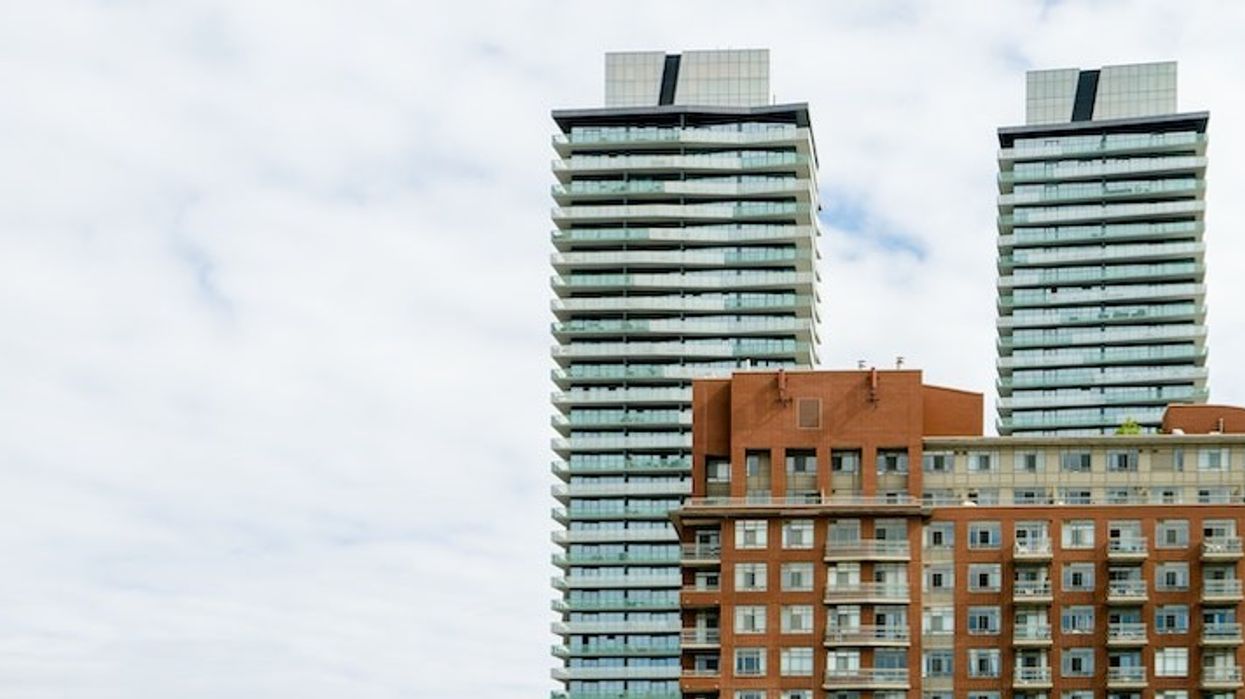It's no secret that Toronto has the highest rent in Canada. While we'd like to say relief is on its way, we can't, per se. But we can say rent increases are expected to slow.
Well, there's some relief in that, right? (At this point, we'll take what we can get.)
READ: Toronto Rent Is STILL The Most Expensive In Canada, GTA Dominates List
While Toronto rent increased by 7.6 per cent in the third quarter of 2018, it looks as though these types of increases will slow down in 2019.
There are now more rental units available — a positive sign.
According to Urbanation Inc., a long-standing source of information and analysis on the GTA condominium and rental markets, the total inventory of purpose-built rentals under construction rose to 11,172 units. This is 56 per cent higher than the year before, and the highest level it has reached in more than 30 years.
READ: Toronto Vs. 25 Biggest U.S. Cities: Salary Needed To Afford Average Two-Bedroom Rental
In the third quarter of 2017 there were 30,981 proposed units, now there are 39,750 units across 128 projects.
“Rapid rent growth has persisted in the GTA for over two years now, making it very clear that much higher levels of supply are needed to create a balanced market environment,” says Shaun Hildebrand, president of Urbanation, in a release.
“While increasing condo completions should begin to have at least some calming effect on rent increases next year, more upward momentum in purpose-rental construction is required to meet overall demand.”
READ: Majority Of Renters ‘Seriously’ Consider Leaving GTA: Housing Affordability Worsening [POLL]
Market conditions do remain "exceptionally tight," but Urbanation says that the number of condo lease transactions are at their highest third-quarter level in three years. These transactions have increased by five per cent year-over-year.
The report explains, “Despite the uptick in leasing activity in the third quarter, rental transaction volume in the year-to-date period remained 4% lower than last year, adding pent-up demand to the market and keeping strong upward pressure on rents.”
Current numbers show the average rent for a one-bedroom is above $2,000 — for the first time — marking an 11 per-cent annual spike to $2,056.
Also, two-bedroom lease volume has decreased by five per cent since last year, with average rents up nine per cent to a whopping $2,810.





















